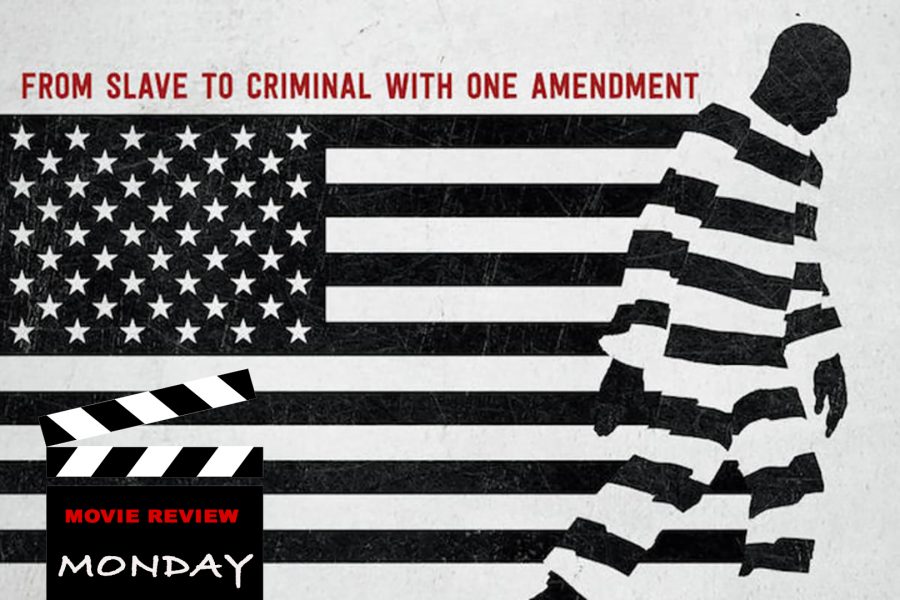Ava DuVernay’s “13th” is an eye-opening and timely account of the journey that has led this nation to become home to 25 percent of the world’s incarcerated, despite only having 5 percent of the world’s population. The documentary provides grounded examples of how the 13th amendment to the United States constitution was drafted to be exploited. It is researched piece that analyzes the nation’s prison system, which was designed to affect minorities the most, leaving the viewer infuriated.
DuVernay balances thoughts and arguments, interviewing both liberals and conservatives on the issue, which to a surprising end, comes to demonstrate a general consensus that the prison system is a broken institution and new form of legal slavery. Even arguments from conservative political players like Newt Gingrich add to this notion.
Before the ratification of the 13th amendment, which abolished slavery in 1865 and was consequently meant to end free labor, slaves were the main economic driving force of the American south. However, DuVernay’s “13th” argues slavery never disappeared, but transformed, thanks in part to the amendment in its text allowing slavery as a punishment for those convicted of a crime. From there, generations of those who found freedom following the ratification of the amendment were targeted and incarcerated en masse in a push to maintain the status quo.
The documentary’s case is supported by a thorough examination of the laws, political campaigns and platforms that followed through modern times in the decades after the supposed abolition of slavery. Between the Jim Crow laws of the south to the profit-driven prisons existing today that are mandated to remain filled, DuVerney’s “13th” provides a compelling look of the systematic and intentional exploitation of the 13th amendment throughout the last century.
The piece surrounds that history with context that reminds us of this nation’s constant discriminatory actions towards minorities, indoctrinating generations to accept the dehumanization of African-Americans and label them criminals.
We are asked as a viewer to question our own prejudices and examine how we blindly write off those convicted of petty crimes and categorize them along rapists and murderers. “13th” then pulls the curtain back on the systematic way in which African-Americans are kept in prisons, either being unable to afford bail or an adequate legal defense, or coerced to take a plea deal, foregoing trail and the opportunity to defend themselves.
“13th” is a compelling, powerful documentary that challenges over 100 years of history and urges the viewer to examine what kinds of people criminal law and the prison system really affects. It asks us to question where the dream of equality went and how far we really are as a nation from achieving it. However, DuVerney leaves us with a reminder that the power to shift the path we’re on is in our hands.


